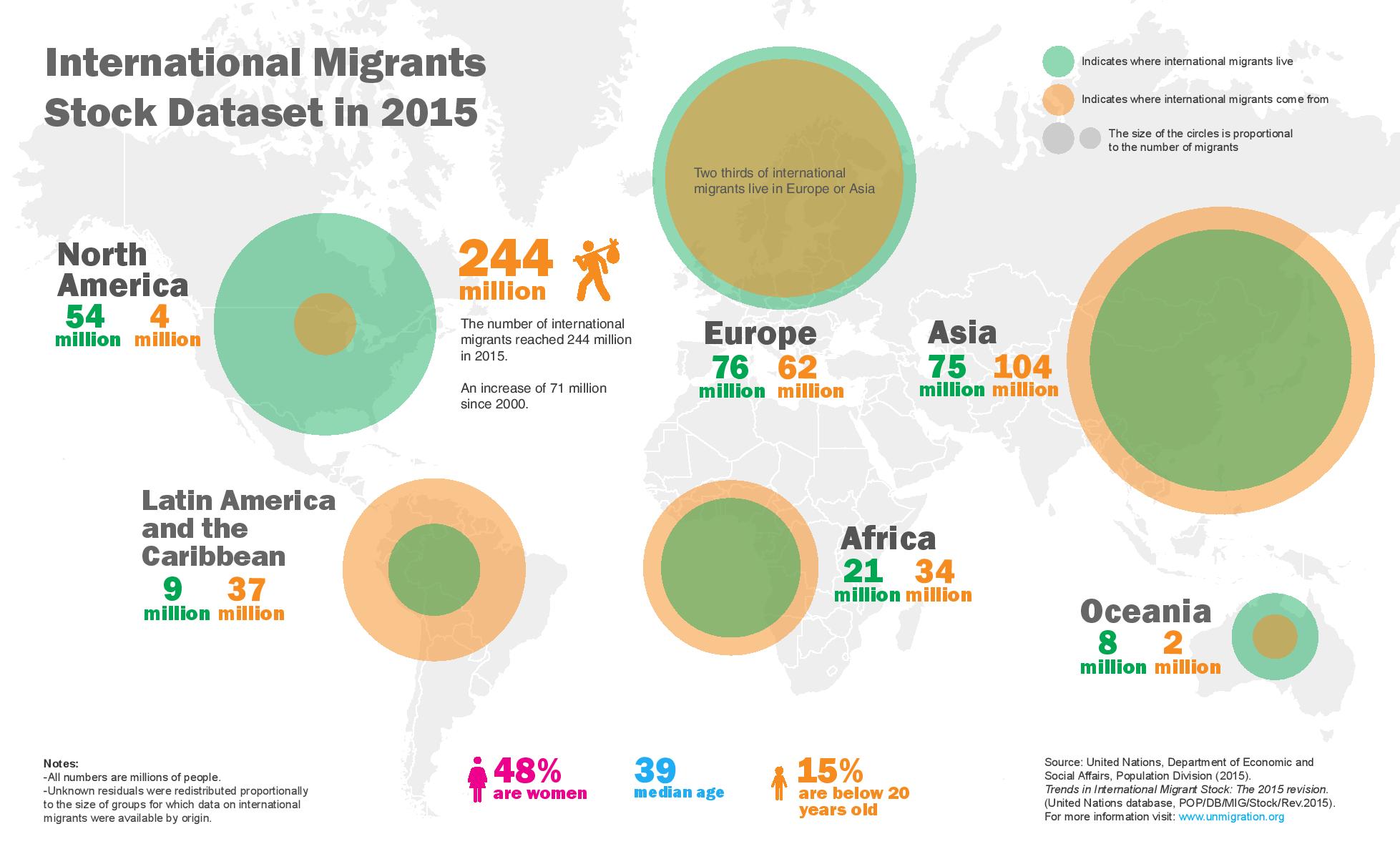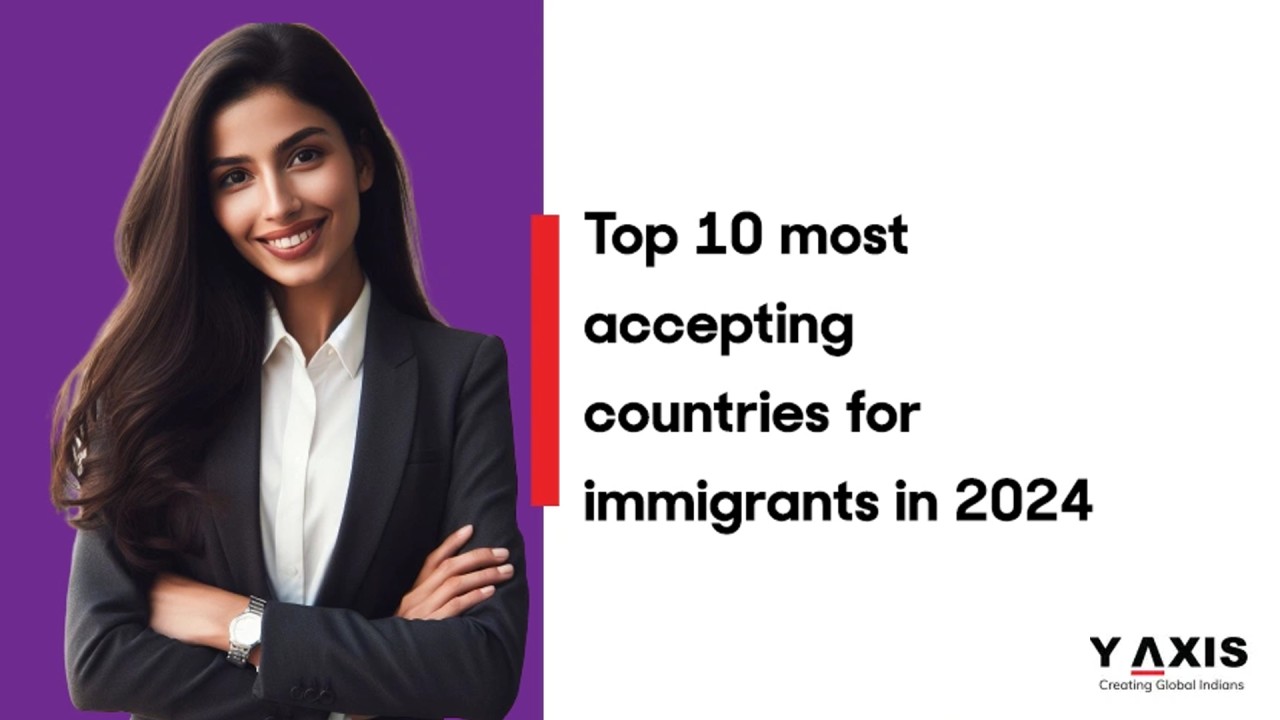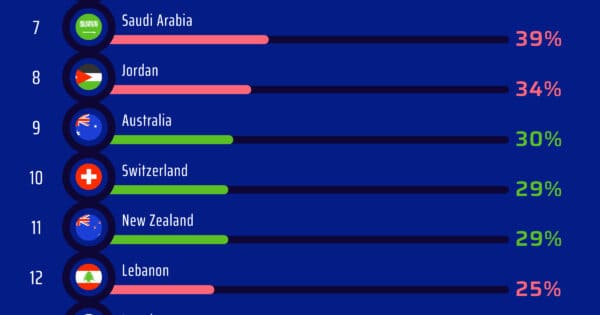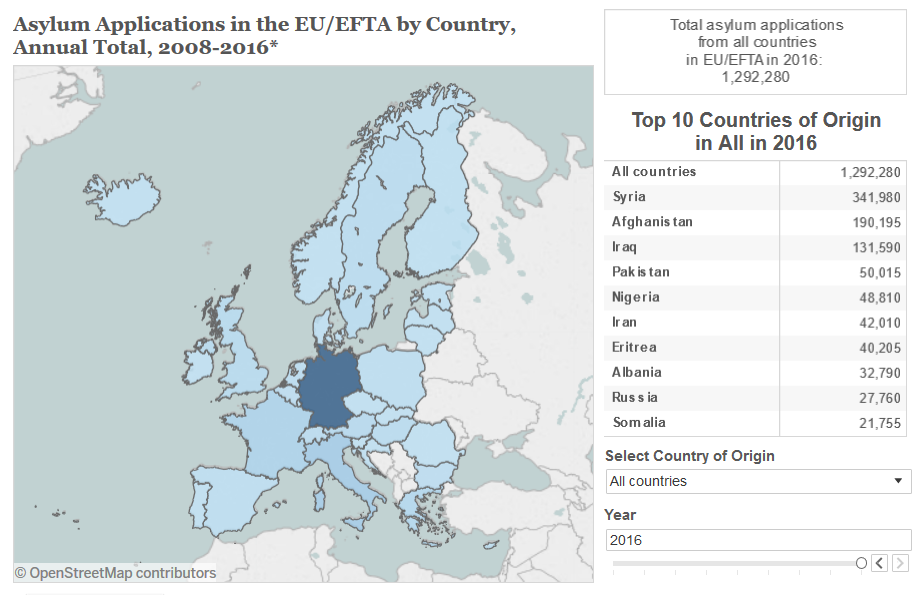Table of Contents
- 10 Best Countries To Move In 2025 With Free Visa For Expats | Flipboard
- BBC NEWS
- Top Immigration Countries 2025 - Sher Ysabel
- Countries with most immigrants | 1985 - 2023 - YouTube
- The Best Countries For Immigration In The World – Expert Theory
- Top 10 most accepting countries for immigrants in 2024
- Which Country Has The Most Immigrants? Top 20 Revealed 2022
- Which Country Has The Most Immigrants? Top 20 Revealed 2023
- You're not pro-immigration - by Noah Carl
- The curious dilemma of Immigration - Current Affairs - Online Arsenal ...


Immigration has long been a contentious issue, with many countries struggling to balance the need for skilled workers with concerns about national security, cultural identity, and economic stability. As the world becomes increasingly interconnected, the flow of people across borders has become a major point of discussion. However, with the rise of nationalist sentiments and economic uncertainty, many governments are now taking a harder stance on immigration.


Top 10 Countries with Strict Immigration Policies in 2025

- United States: The US is expected to continue its crackdown on illegal immigration, with a focus on deporting undocumented migrants and restricting asylum claims.
- United Kingdom: Post-Brexit, the UK is likely to introduce more stringent immigration controls, prioritizing skilled workers and limiting access to benefits for new arrivals.
- Australia: Australia's points-based system is set to become even more selective, favoring high-skilled migrants and reducing the intake of family-sponsored visas.
- Canada: While still welcoming to immigrants, Canada is expected to introduce more rigorous language and integration requirements, making it harder for newcomers to settle.
- Germany: In response to growing anti-immigrant sentiment, Germany may tighten its asylum laws and increase deportations of rejected applicants.
- France: France is likely to implement stricter controls on immigration, including increased border security and more stringent requirements for residency permits.
- Italy: Italy's new government is expected to take a tougher stance on immigration, with plans to deport more migrants and restrict access to benefits.
- Sweden: Sweden's previously liberal immigration policies are set to be revised, with a focus on integrating existing migrants and reducing the intake of new arrivals.
- Denmark: Denmark is likely to introduce more restrictive immigration laws, including stricter requirements for family reunification and increased deportations.
- Austria: Austria's conservative government is expected to implement stricter border controls and reduce the number of asylum claims accepted.


Why Are Countries Implementing Strict Immigration Policies?

There are several reasons why countries are choosing to implement stricter immigration policies. Some of the key factors include:

- National security concerns: The threat of terrorism and organized crime has led many countries to reevaluate their border controls and immigration procedures.
- Economic uncertainty: The global economic downturn has led to increased competition for jobs and resources, making it harder for immigrants to integrate and find employment.
- Cultural identity: The rise of nationalist sentiments has led to increased concerns about the impact of immigration on cultural identity and social cohesion.
- Pressure on public services: The influx of migrants has put pressure on public services such as healthcare, education, and housing, leading to increased tensions and calls for stricter controls.

In conclusion, the global migration landscape is undergoing a significant shift in 2025, with many countries implementing stricter immigration policies. While these changes may be driven by a range of factors, including national security concerns, economic uncertainty, and cultural identity, they are likely to have a profound impact on the lives of migrants and the global economy as a whole.
As the world continues to grapple with the complexities of immigration, it is essential to approach this issue with empathy, understanding, and a commitment to finding solutions that balance the needs of nations with the rights and dignity of migrants. By doing so, we can work towards creating a more just and equitable world for all.